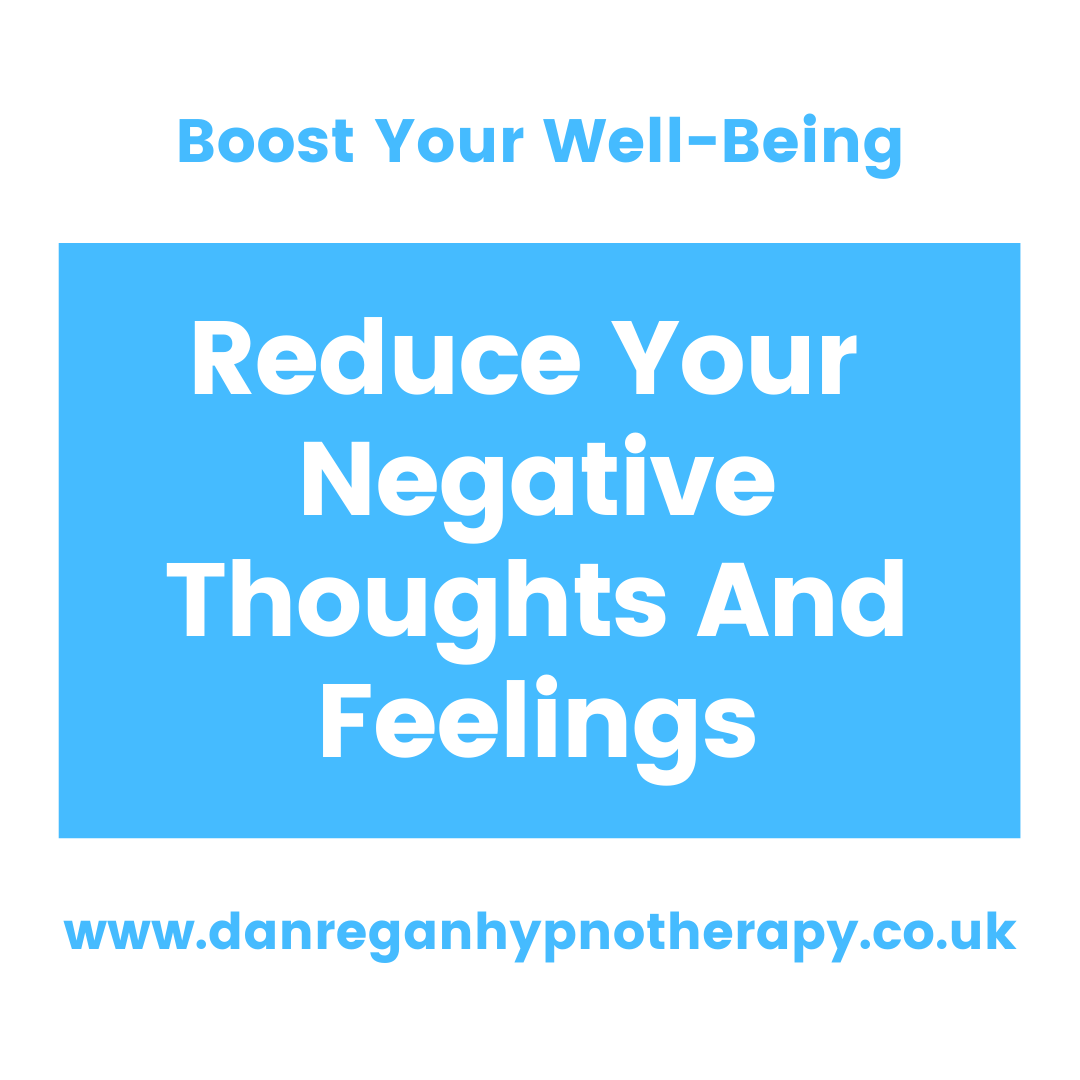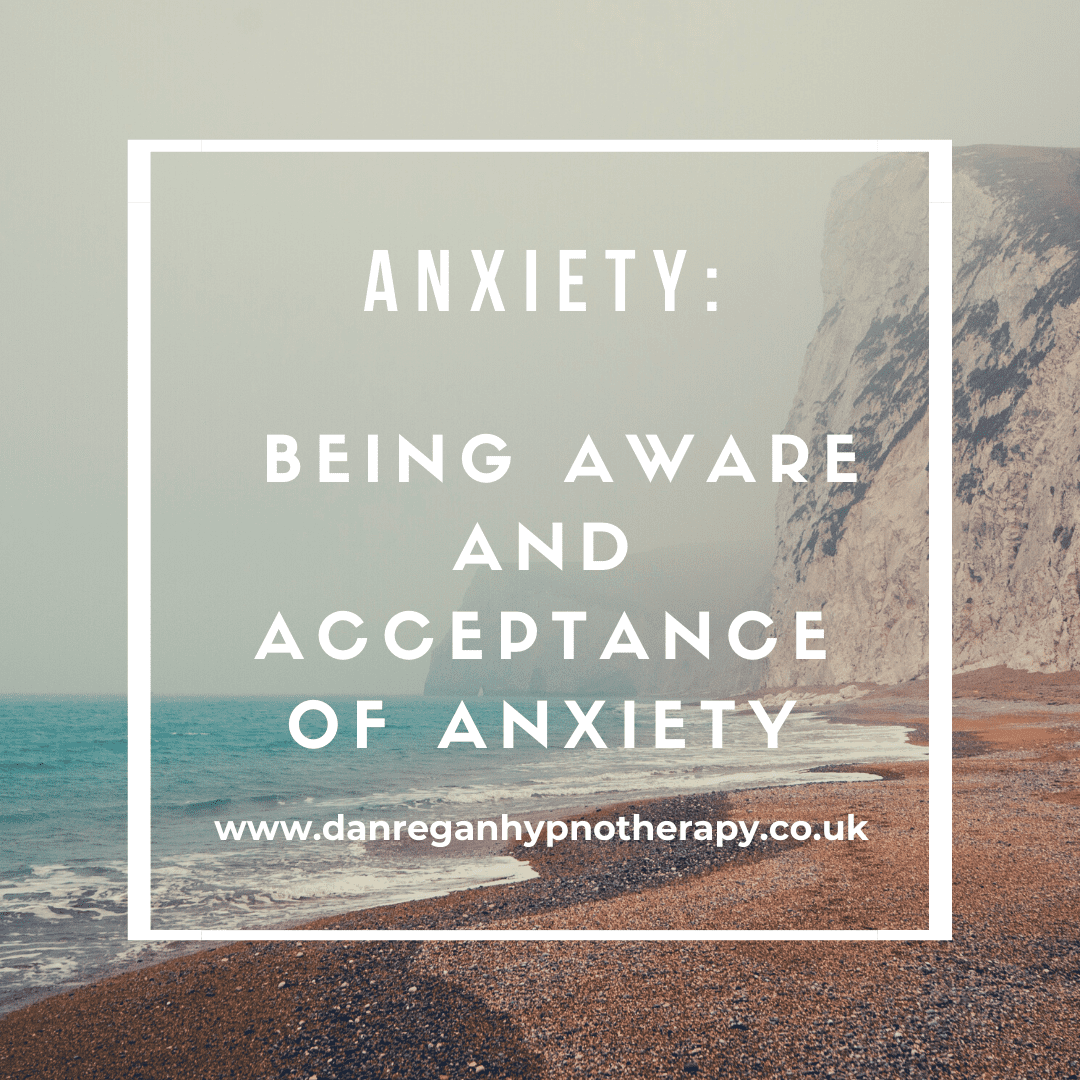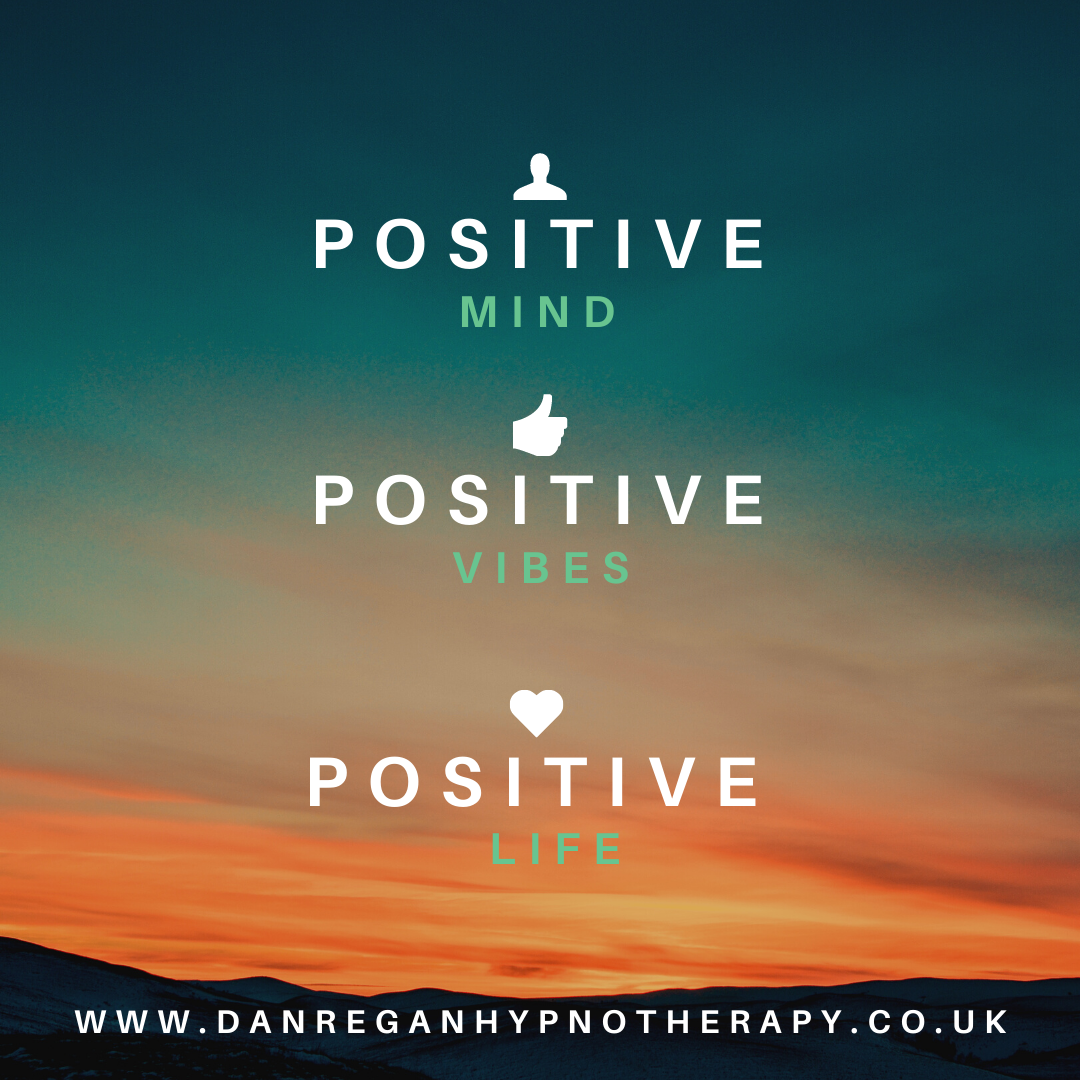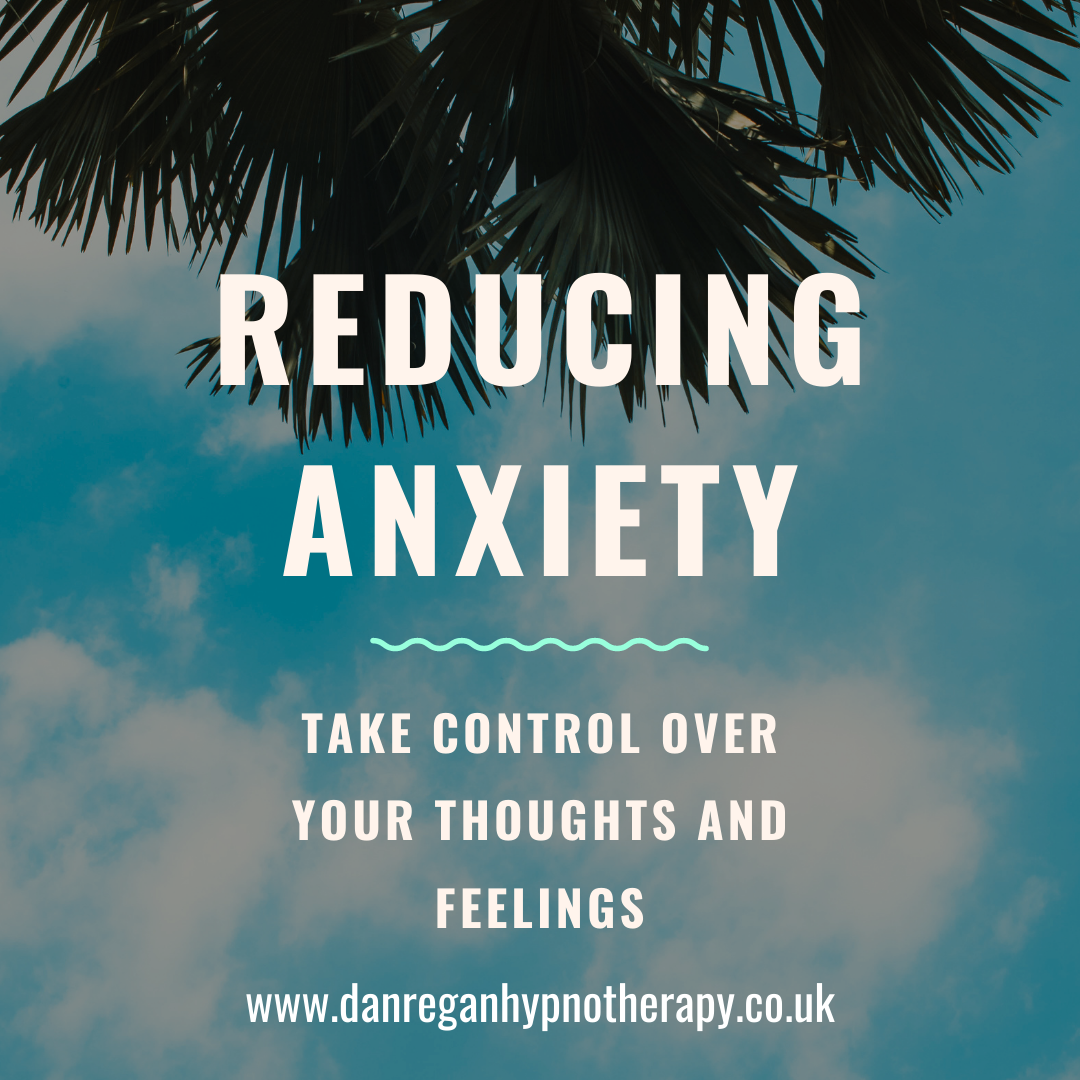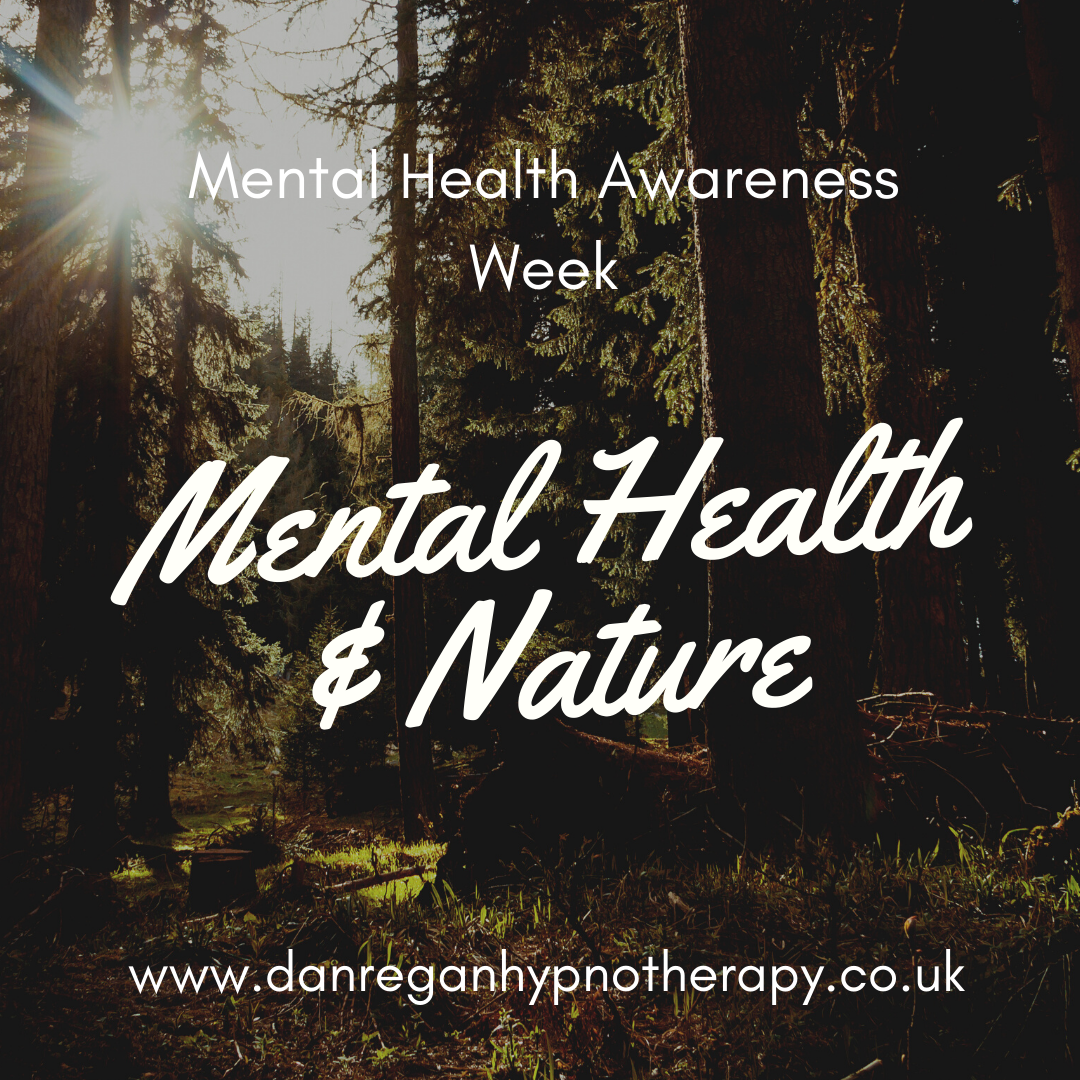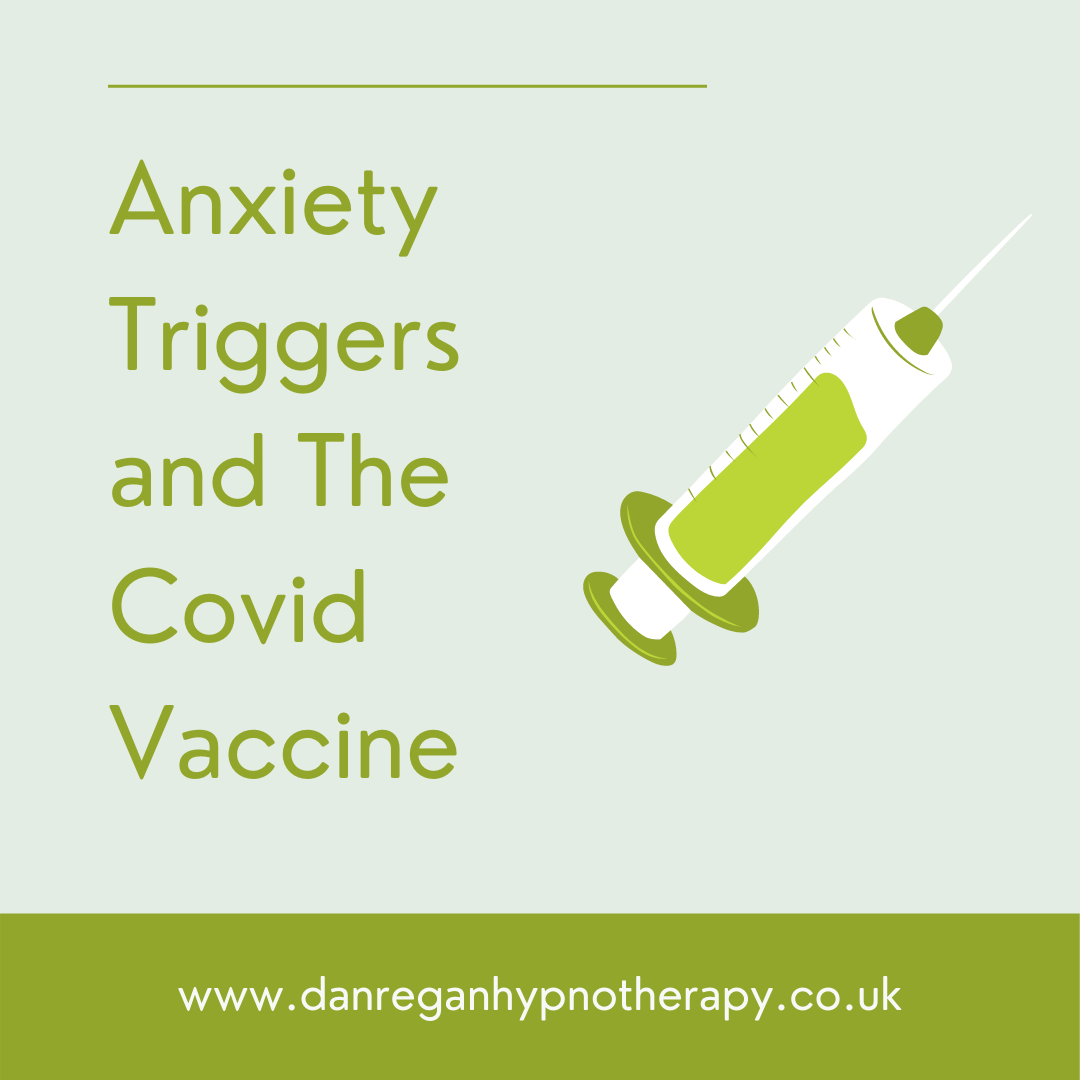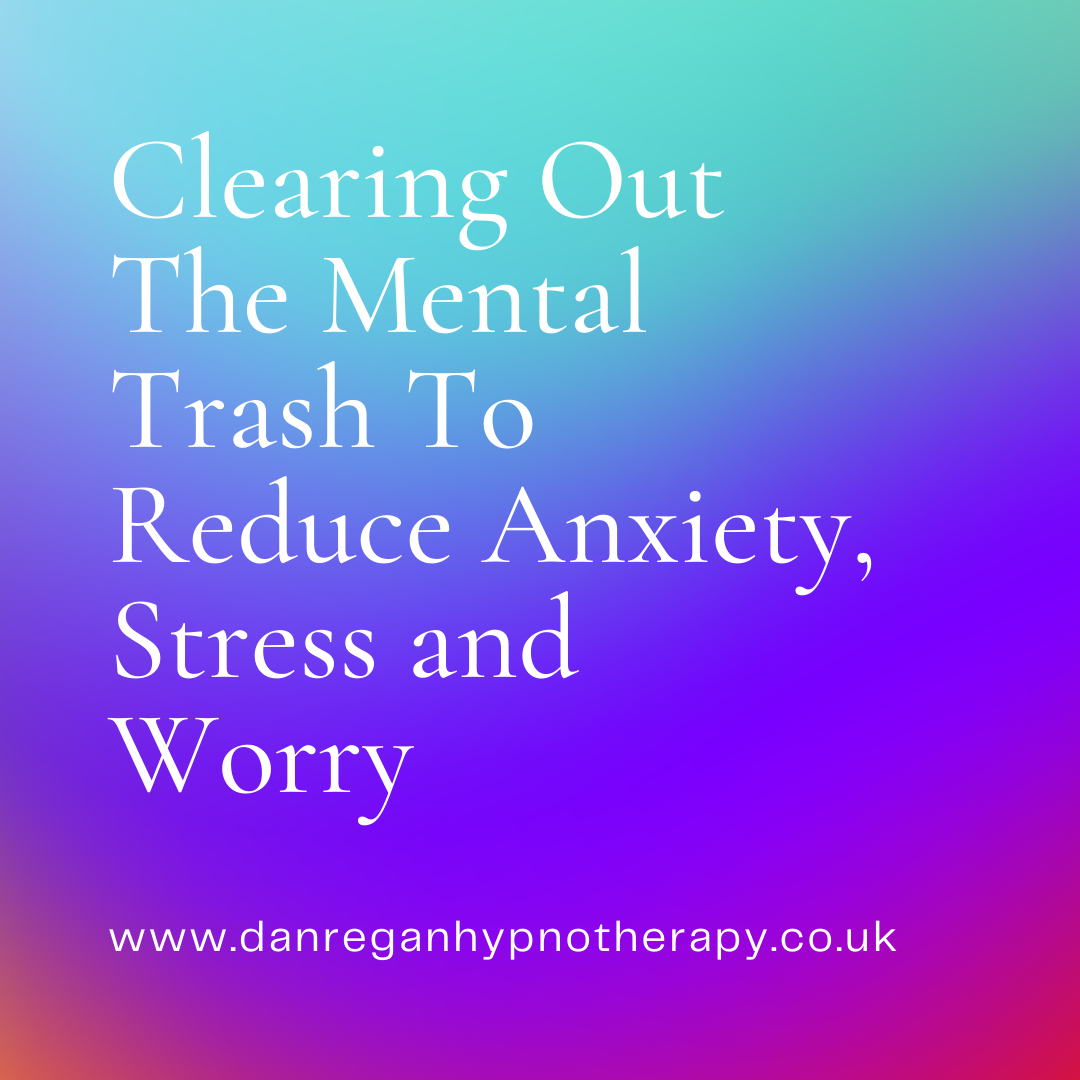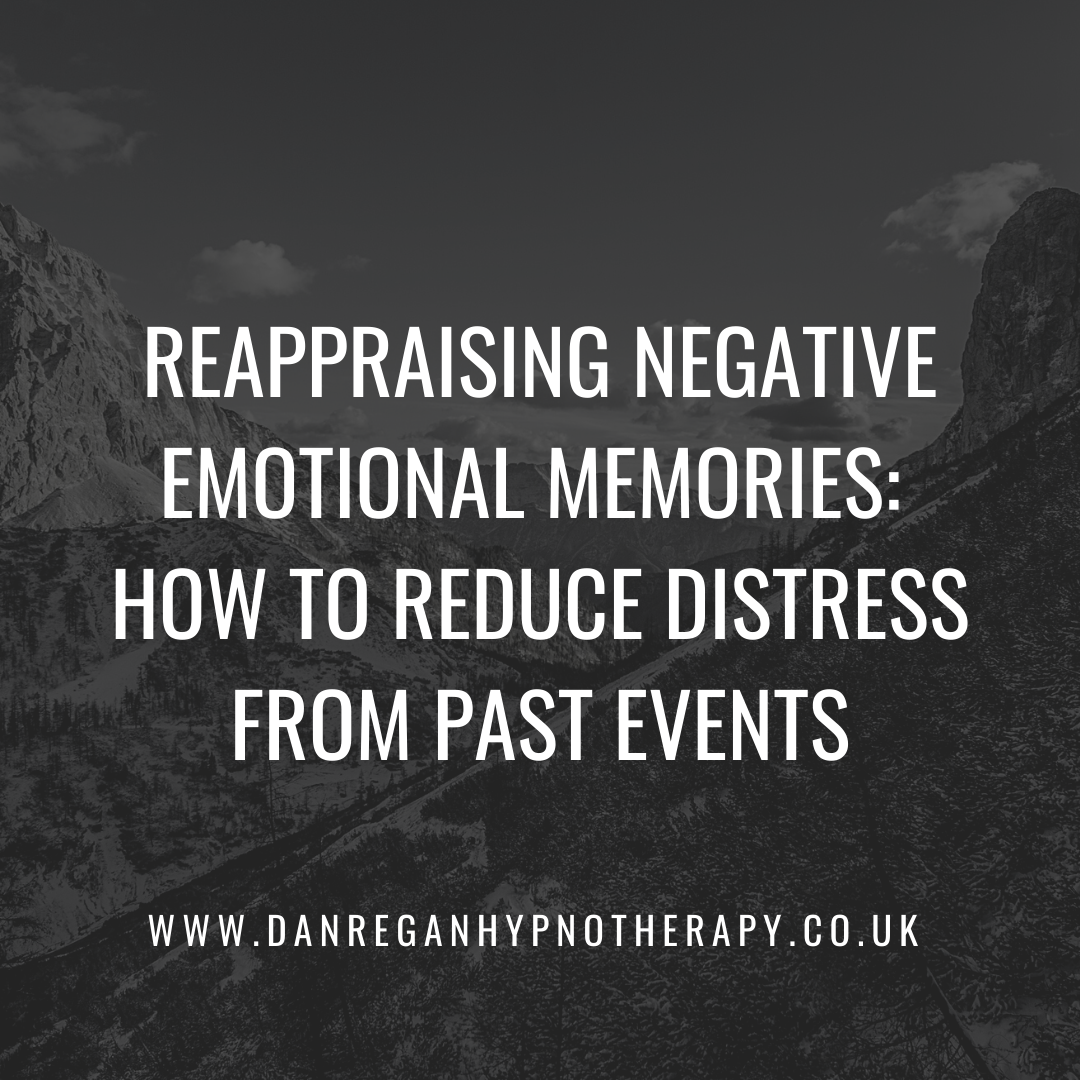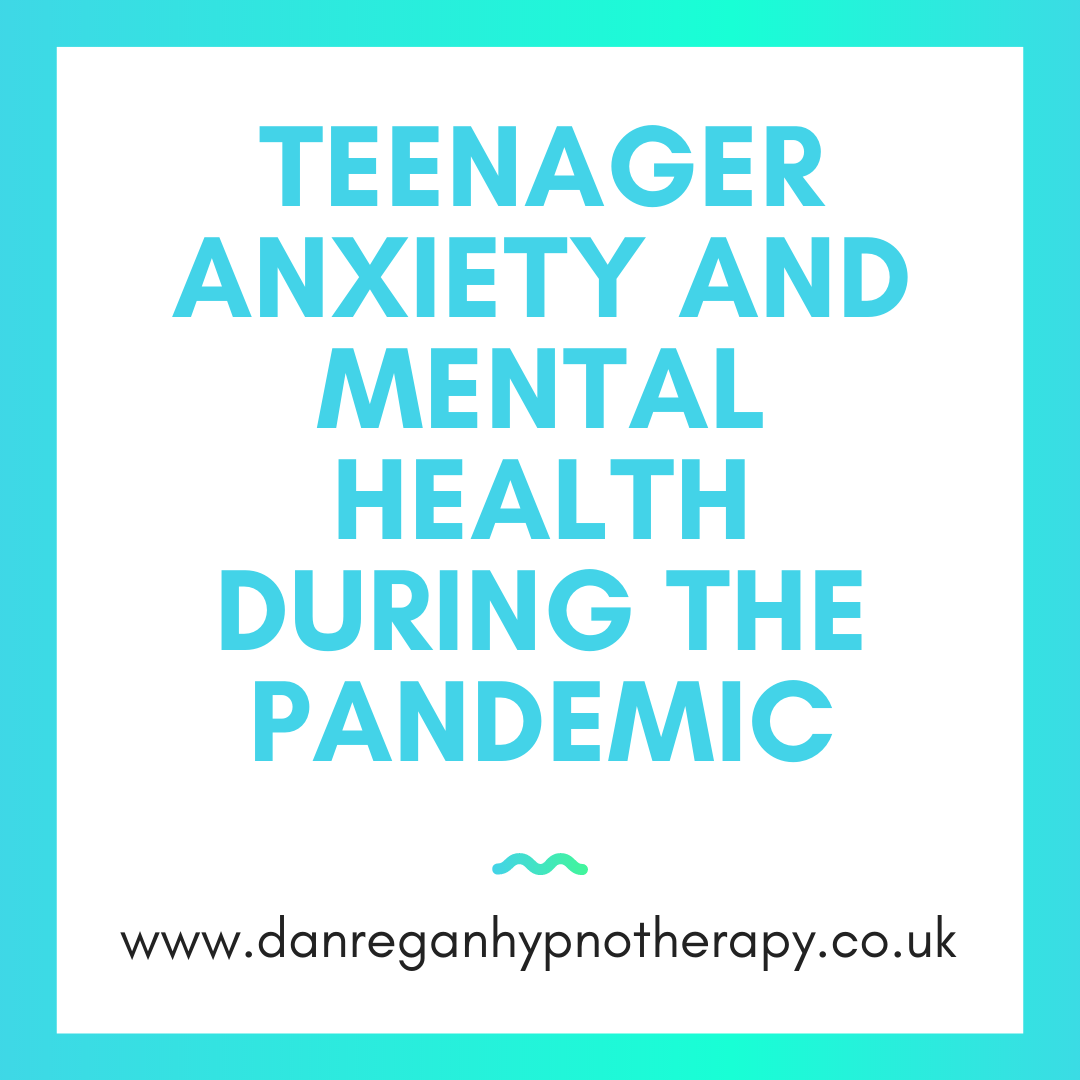Required
Hypnotherapy For Anxiety in Ely – Client Video Review
Hypnotherapy For Anxiety in Ely – Client Video Review
My own personal experience of hypnotherapy for overcoming anxiety, and the many, many people I’ve helped with hypnotherapy to find freedom from anxiety (many of whom have kindly left reviews on this website), provide ample evidence of how effective hypnotherapy for anxiety can be. Rather than being ruled by your anxious thoughts and feelings, you can take back control and start feeling happier and better in yourself.
We also have the scientific research to support its effectiveness in alleviating anxiety. The review, which looked at the overall effectiveness of hypnosis as a treatment for anxiety, found that hypnosis is a highly effective intervention for anxiety (Valentine, Milling, Clark and Moriarty, 2019).
From the evidence they concluded that:
“The findings of this meta-analysis show that hypnosis is a highly effective intervention for anxiety. Our results indicate the average participant treated with hypnosis achieved more anxiety reduction than about 79% of control participants at the end of active treatment and about 84% of controls at the longest follow-up“.
That’s a hugely significant and impressive level of effectiveness. And once you add in other potentially positive factors, such as individual support around your own needs and working face to face with a therapist, alongside all of the other strategies and techniques that I’ve covered in the articles on this website, the likelihood of a positive outcome can only be enhanced.
Certainly that’s the experience of a client who has very kindly shared a video of her experience of our sessions of hypnotherapy for anxiety and panic attacks.


